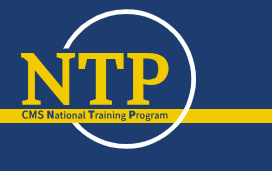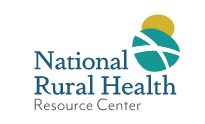July 31, 2023

Swing Bed Culture and Attention to Wellness Vital to Rural Healthcare
Allevant, developed by Mayo clinic and Select Medical, is launching a cohort of “Project Swing Bed on the MENDS®,” a Critical Access Hospital (CAH) Shared Learning Collaborative. Participating CAHs will have access to Allevant staff, tools and resources to maximize their Swing Bed program and begin to implement MENDS®, a wellness program for healthcare staff and post-acute patients.
Expected Outcomes
- Improved Health Outcomes
- Shortened post-acute length of stay
- Low rate of post-acute patients discharged back to acute care (readmission from post-acute setting)
- High level of post-acute patients discharged back to independent settings (home or assisted living)
- Increased staff and community focus on wellness behaviors
- Increased patient wellness, improved long-term health
- Expanded Capacity for Essential Health Care Services
- Increased utilization of CAH swing beds
- Increase in confidence and capabilities of rural health workforce to provide post-acute care services locally
- New focus on wellness strategies for rural staff and post-acute patients
- New processes to facilitate rural primary care practices to support continuation of patient-identified wellness strategies for newly discharged rural post-acute patients
- Increased Financial Sustainability
- CAH – Increase census and revenue
- Long term reduction in costs associated with increased staff wellness
- Lower Medicare costs per patient day.
“Critical Access Hospitals can provide post-acute recovery via Transitional Care/Swing Bed better than virtually anyone else. Their competitive advantage is their culture of safety,” says Dr. Mark Lindsay, pulmonologist, Assistant Professor at Mayo Clinic College of Medicine, and Medical Director of Allevant Solution, LLC. “CAHs outperform larger hospitals in the culture of safety surveys. Handoffs and transitions are two areas with consistently low scores across healthcare, and post-acute care is all about handoffs and transitions.”
Jordan Tenenbaum, President of Allevant and NRHA Fellow, states he is, “concerned for the future viability of rural hospitals, more than 30% of which are at risk of closure. It is a tremendous benefit for larger hospitals to partner with smaller rural CAH Transitional Care programs to ensure rural patients admitted to larger hospitals for specialty care can be cared for closer to home.”
Allevant has participated in federally and state-funded grants throughout the country and will continue to identify opportunities to support rural providers with Transitional Care and MENDS® health and wellness programs.
If you have an interest in participating in the first cohort of Project Swing Bed on the MENDS®, contact Jordan Tenenbaum to learn more today.







